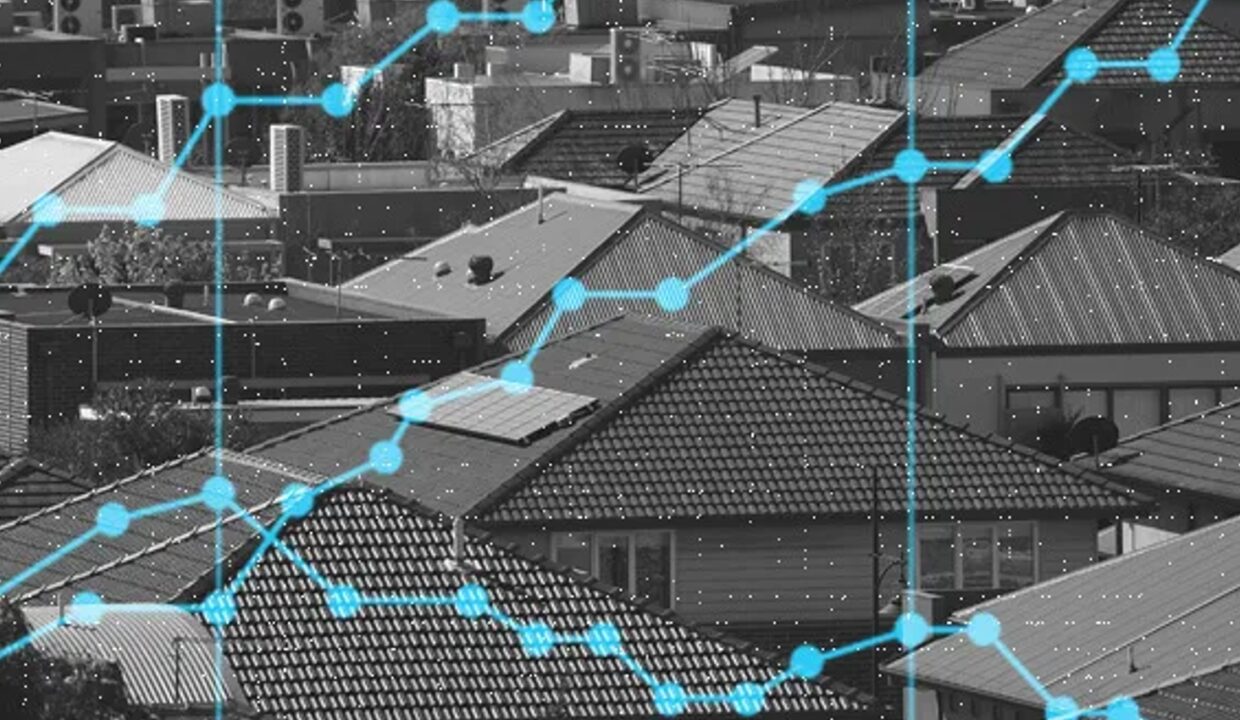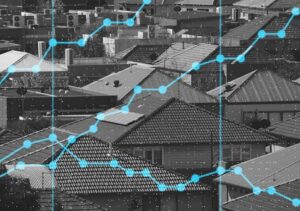
뉴질랜드 주택시장 변화 속, 인플레이션 하락에 대한 동향과 전망
New Zealand Housing Market Shifts Amidst Declining Inflation: Trends and Outlook
Last week witnessed a notable 4% drop in inflation indicators, signaling changes in the housing market landscape. Mortgage holders faced a challenging period as they determine one-year mortgage interest rates, while a new pet bond system for rental properties was announced.
The housing market saw an increase in listings, providing buyers with more options. According to the REINZ House Price Index, property values dipped by 1.2% from February to March, with Auckland leading the decline at 1.9%.
However, nationally, the average house price rose by 2.7% compared to last year, reaching $800,000. Real estate agents observed activity across various buyer groups, with first-home buyers and homeowners particularly active in transactions.
Despite heading into winter, the housing market is expected to remain active.
“Trends in Inflation”
Annual inflation recently dropped from 4.7% to 4%, marking its lowest level since June 2021. According to Stats NZ, the Consumer Price Index rose due to increases in rent, taxes, insurance, alcohol, and tobacco prices, offset by decreases in petrol and international airfares.
The central bank expects inflation to recover within the target range of 1-3% by the end of 2024 and stated it would take necessary measures to achieve this. However, it emphasized maintaining high interest rates until clear signs of improvement emerge.
According to CoreLogic, 56% of new loans opted for a one-year fixed mortgage, compared to 36% in December when rates reached their peak. Such data indicates ongoing challenges in the real estate market.
Experts at Infometrics anticipate households and businesses not seeing significant economic improvements until mid-next year, with inflation expected to drop below 3% by early 2025, as the recession is expected to last for several months. Consequently, the central bank is projected to reduce the OCR from 5.5% in November to 4% by the end of 2025.
Experts foresee lower rates, less restrictive fiscal policies, and improved global economic growth accelerating by 2027, potentially leading to inflation recovering to the 3% range annually.

뉴질랜드 주택시장 변화 속, 인플레이션 하락에 대한 동향과 전망
지난 주에는 인플레이션 지표가 4% 하락하면서 주택 시장에 변화가 나타났다. 주택 모기지 대출자들은 1년 모기지 이자율을 결정하는 도전적인 시기를 맞이하고, 렌트 주택에 대한 애완동물 보증금 제도가 발표되었다.
주택 시장에서는 매물이 증가하면서 구매자들에게 더 많은 선택권을 제공하고 있다. 부동산 가치는 REINZ 주택 가격 지수에 따르면 2월 대비 3월에 1.2% 하락하였으며, 특히 오클랜드 지역은 1.9% 하락하면서 하락을 주도했다.
그러나 전국적으로 주택의 평균 가격은 작년과 비교하여 2.7% 상승하여 800,000불에 달했다. 부동산 에이전트는 다양한 구매자 그룹의 활동을 목격했으며, 특히 첫 주택 구매자와 집 소유자가 가장 활발하게 거래를 진행했다.
주택 시장은 겨울에 접어들더라도 여전히 활발할 것으로 예상된다.
‘인플레이션의 동향’
최근 연간 인플레이션은 4.7%에서 4%로 낮아졌다. 이는 2021년 6월 이후 최저 수준이다. Stats NZ에 따르면 소비자 물가 지수는 임대료, 세금, 보험, 주류 및 담배 가격의 상승으로 인해 상승했으며, 이를 휘발유 및 국제선 항공 요금의 하락이 상쇄하였다.
중앙 은행은 인플레이션을 2024년 말까지 목표치인 1-3% 범위로 회복될 것으로 예상하며, 이를 위해 필요한 조치를 취할 것이라고 밝혔다. 하지만 금리는 확실한 개선 신호가 나타날 때까지 높은 수준을 유지할 것이라고 강조했다.
부동산 조사 업체인 코어로직에 따르면 신규 대출 중 56%가 1년 고정 모기지를 선택했다. 이는 금리가 최고 수준에 도달한 12월의 36%와 비교된다. 이러한 데이터는 부동산 시장이 계속해서 어려운 상황을 겪고 있음을 시사한다.
인포메트릭스의 전문가들은 가계 및 기업이 경제가 중반까지 개선되지 않을 것으로 예상하고 있다. 이는 경기 침체가 종료될 때까지 몇 달이 걸릴 것으로 예상되며, 이로 인해 인플레이션은 2025년 초까지 3% 미만으로 떨어질 것으로 예상된다. 이에 따라 중앙 은행은 11월부터 OCR를 5.5%에서 2025년 말까지 4%로 인하할 것으로 예상된다.
전문가들은 2027년에는 낮은 금리와 덜 긴축적인 재정 정책, 개선된 세계 경제 성장이 가속화될 것으로 예상하고 있다. 이에 따라 연간 3%대로 인플레이션이 회복될 것으로 예측된다.
